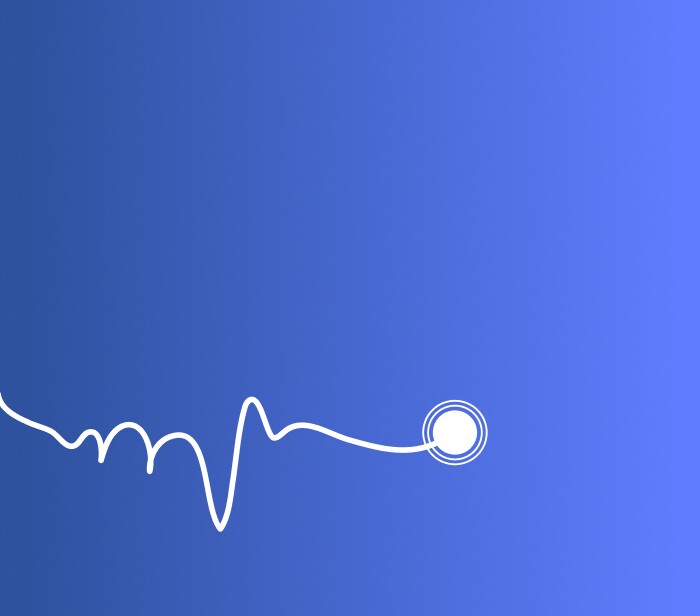Herzliya Medical Center in Israel is a leading department of artificial insemination; intracytoplasmic sperm injection (ICSI) is just one of the many techniques utilized at the hospital to restore reproductive function in female and male infertility. Recent scientific research using surgical intracellular manipulation through a controlled microscope has opened up new possibilities for patients to achieve pregnancy, which has greatly improved artificial insemination techniques.
ICSI Procedure in Israel
Nearly one-third of couples experience difficulty achieving a pregnancy within a 12-month period, termed infertility. For 15% of these couples, In-vitro fertilization (IVF) is the best course of treatment to achieve a long-awaited positive result that was unobtainable through previous assisted reproduction techniques (ART).
The ICSI procedure is unique to IVF, in which fertilization (introduction of the sperm into the egg) is performed using microsurgical procedures, bypassing the natural mechanism of penetration. Currently, IVF with ICSI makes up more than 50% of artificial insemination in Israel, which has significantly increased the efficiency of treatment for infertility.
ICSI Procedure at HMC
Treatment in Israel has given couples yearning to become parents the ability to conceive. Like IVF, the ICSI procedure at Herzliya Medical Center takes no further additional time; it is far more effective in specific cases of male infertility.
Why IVF with ICSI?
Apart from the main indications of infertility, IVF with ICSI is recommended for the following cases:
- Men that have an insufficient number of sperm in the semen (sperm count). Notably, ICSI can be successful despite a low sperm counts, obtained by puncture of the egg. Thus, the method of IVF with ICSI is the most effective treatment among males with severe infertility.
- Overcoming sperm motility. Fertilization is achieved through the introduction of sperm into the cytoplasm of the egg, which can be performed even in cases of complete immobility of sperm; a condition that cannot be eliminated by IVF alone.
- Anomalies in the structure of sperm, affecting the functional ability of spontaneous penetration of the sperm into the egg.
The ICSI Procedure – Step by Step
1. Preparing for ICSI
This involves the use of a hormonal drug treatment that stimulates maturation of multiple eggs in the ovaries, in order to create several viable embryos (the following fertilization), also to significantly increase the probability of maintaining the potential for pregnancy and preventing the need for repeated treatments.
2. Egg Retrieval
Hormone preparation for ICSI involves drugs that prevent rupture of mature follicle (ovulation), which allows doctors to perform a minimally invasive oocyte aspiration procedure.
3. Collecting Semen
Depending on the sperm count, if the number of sperm in an ejaculation sample is insufficient, the specialist may have to perform an aspiration (fine needle technique) to extract sperm. If this too, is insufficient, then a testicular sperm extraction (TESE) or biopsy is undertaken.
4. Insemination
Intracytoplasmic sperm injection is performed under microscopic control. A single sperm is injected into the cytoplasm of the retrieved egg. Experts at HMC carefully control the process of fertilization and the embryos are moved to a special incubator.
5. Transfer and Monitoring Embryonic Development
Within the 48 hours that follow ICSI fertilization, there is much cell division of the embryo. Specialists then select the healthiest embryos and transfer them to the uterus. Patients have the option to cryopreserve the viable embryos that were not transferred to the uterus. Implantation of the embryo, a few weeks later if the treatment is successful and there is a positive pregnancy result (after 14 days), specialists continue to perform a routine ultrasound to monitor pregnancy.
Cost of the ICSI Procedure in Israel
The cost of ICSI treatment depends on the following factors:
- Method of preparation and method for collection of eggs and sperm
- The type of artificial insemination technique used – in order to obtain healthy embryos
- The number of treatments needed to achieve pregnancy
- Necessary care and treatment in order to maintain pregnancy and prevent miscarriage
Importantly, rates for fertility treatment in Israel using ICSI is much lower than IVF clinics in the US, Europe, and Canada. HMC retains its quality of care and services to patients, meeting the most stringent international standards.
As a rule, the cost for ICSI treatment does not exceed $ 2,000 (in addition to the cost of the IVF procedure).
 Patients Log In
Patients Log In 










